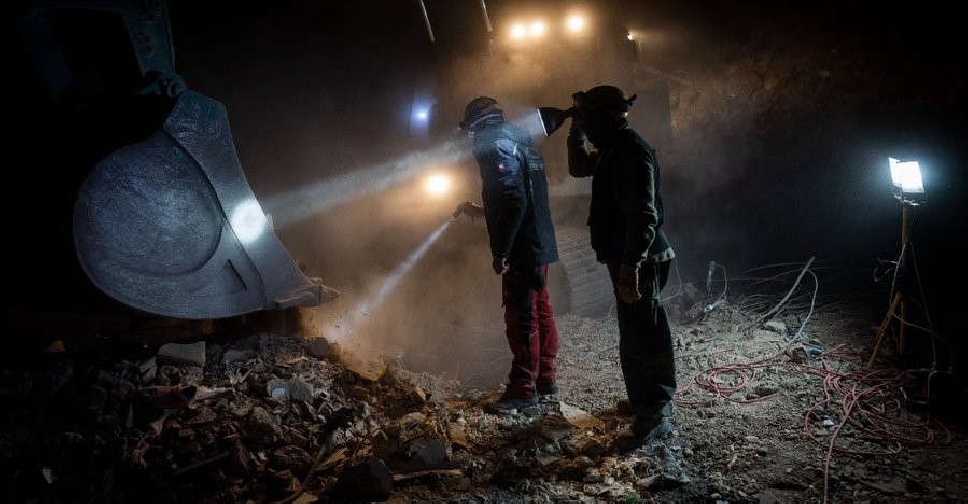
Rescue efforts in earthquake-hit Turkey were winding down on Sunday, nearly two weeks after the country's deadliest disaster in the modern era.
The head of Turkey's Disaster and Emergency Management Authority (AFAD), Yunus Sezer, said the search and rescue efforts would largely end on Sunday night.
More than 46,000 people have been killed after the quake struck Turkey and Syria on February 6. The toll is expected to climb, with some 345,000 apartments in Turkey now known to have been destroyed and many people still missing.
Neither Turkey nor Syria have said how many people are still unaccounted for following the quake.
Orhan Tatar, General Director of Earthquake and Risk Reduction at Turkey's Disaster Management at AFAD, reiterated that the Eastern Anatolian Fault broke apart in five different branches, with 25 kilometres of fractures measured in the province of Malatya alone.
Some 400 kilometres of surface fractures and deformation on the earth's crust resulted in large shifts, with the largest measured at 7.3 metres with a depth of eight to nine kilometres.
In one of the last efforts to pull people out of the rubble 12 days after the earthquake, emergency teams on Saturday night began clearing debris with their hands at a rescue site in Antakya.
Search dogs and thermal cameras had detected signs of life from two people, rescuers said, but just after midnight, eight hours into the operation, the teams called off the rescue.
Workers from Kyrgyzstan tried to save a Syrian family of five from the rubble of a building in Antakya in southern Turkey.
Three people, including a child, were rescued alive. The mother and father survived, but the child died later of dehydration, the rescue team said. An older sister and a twin did not make it.

 UK inquiry finds 'chilling' cover-up of infected blood scandal
UK inquiry finds 'chilling' cover-up of infected blood scandal
 Iranian President Raisi killed in helicopter accident, state media says
Iranian President Raisi killed in helicopter accident, state media says
 ICC prosecutor seeks arrest warrants for Israeli, Hamas leaders
ICC prosecutor seeks arrest warrants for Israeli, Hamas leaders
 Assange given permission to appeal against US extradition
Assange given permission to appeal against US extradition
 Israel intends to broaden Rafah sweep, Defence Minister tells US
Israel intends to broaden Rafah sweep, Defence Minister tells US




